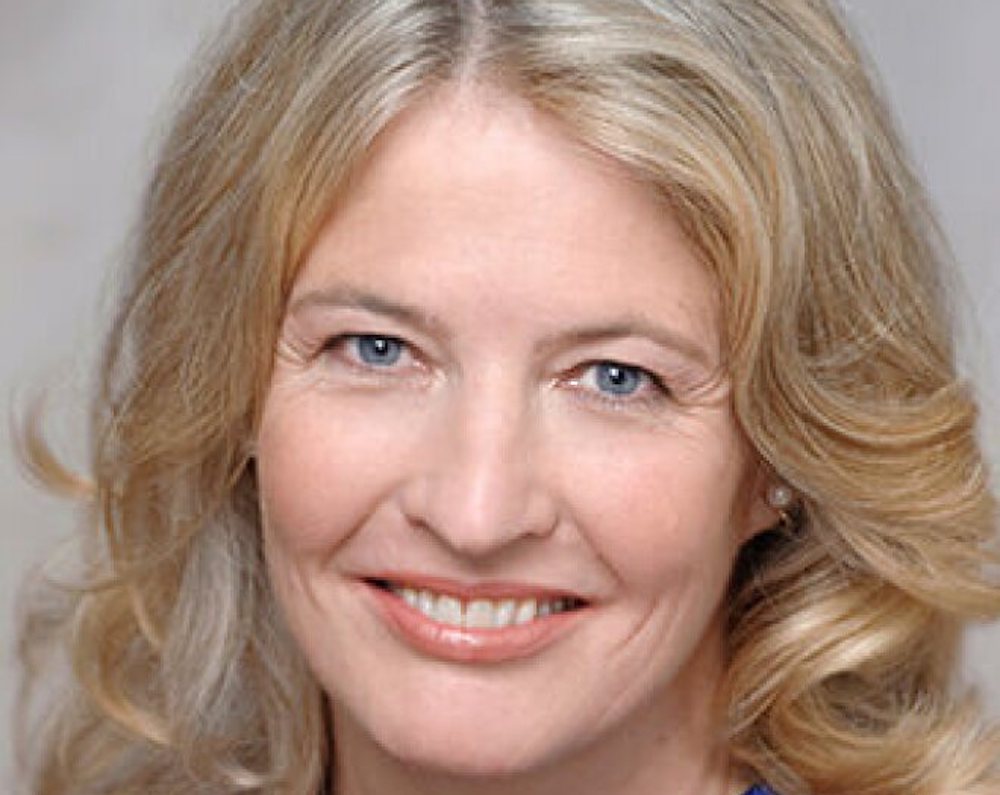
Theoretical astrophysicist Katherine Freese is a professor of physics at the University of Texas at Austin, where she holds the Jeff and Gail Kodosky Endowed Chair in Physics. She works on a broad range of topics in theoretical cosmology and astroparticle physics, fields that seek to explain the large scale properties of the universe in terms of its smallest particle constituents.
Freese has been attempting to identify the dark matter and dark energy that saturate the universe and is working to build a successful model for the early universe that existed immediately after the Big Bang. She was a pioneer in the physics of Weakly Interacting Dark Matter and proposed Dark Stars, early stars that were made of hydrogen and helium but were powered by dark matter heating rather than by fusion.
“This question of what the universe is made of is an age-old quest. And if you discover something major like this, it’s a big deal. People ask, ‘How do things like this impact our daily lives?’ And until you find it, you don’t know,” she said in a Symmetry magazine interview.
Freese’s education is as extensive and impressive as her knowledge of the universe, despite her own admission that she didn’t do well in her first college physics course. She was one of the first women to major in physics at Princeton University, received her master’s degree from Columbia University, and received her doctorate from the University of Chicago. She then had postdoctoral fellowships at Harvard University, at the Kavli Institute for Theoretical Physics at the University of California, Santa Barbara, and as a Presidential Fellow at the University of California, Berkeley. She then became an assistant professor at MIT.
At MIT, Freese helped develop the theory of natural inflation, a model of early universe expansion that has survived nearly 25 years of experimental data. In 1991, she moved to Ann Arbor and became the first female professor hired to the physics department at the University of Michigan, where she was the George E. Uhlenbeck Professor of Physics. She was associate director of the Michigan Center for Theoretical Physics from 2007 to 2014 and then accepted the position of Director of Nordita, the Nordic Institute for Theoretical Physics, in Stockholm, Sweden.
Freese has also released a partial autobiography called “The Cosmic Cocktail: Three Parts Dark Matter.” She was awarded the 2019 Julius Edgar Lilienfeld Prize from the American Physical Society and in 2020 she was elected to the National Academy of Sciences.
